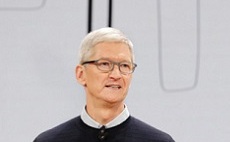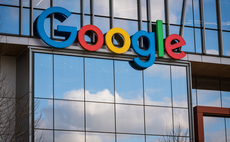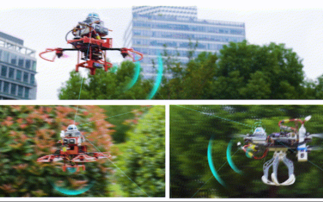Consortium of US technology companies intended to allay Japanese government's tech-transfer fears
Foxconn founder and CEO Terry Gou has revealed that Apple, Dell and Kingston have joined its consortium in the bidding for Toshiba's semiconductor unit, Toshiba Memory Corp. It comes a week afte...
To continue reading this article...
Join Computing
- Unlimited access to real-time news, analysis and opinion from the technology industry
- Receive important and breaking news in our daily newsletter
- Be the first to hear about our events and awards programmes
- Join live member only interviews with IT leaders at the ‘IT Lounge’; your chance to ask your burning tech questions and have them answered
- Access to the Computing Delta hub providing market intelligence and research
- Receive our members-only newsletter with exclusive opinion pieces from senior IT Leaders




















